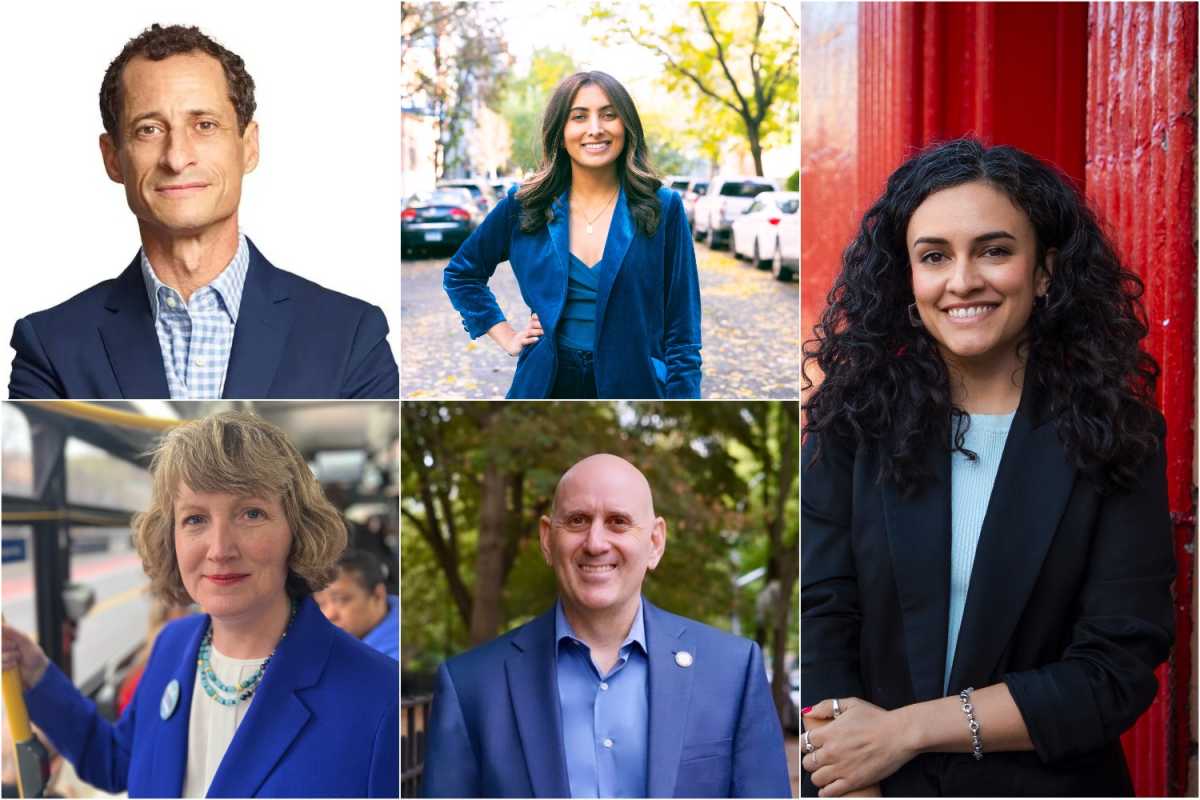Originally published March 6.
For the estimated 11 million immigrants living in the United States illegally, a pathway to legal residency can be hard to come by, experts say.
Even before President Donald Trump promised to ramp up deportations of undocumented immigrants, U.S. immigration law has offered undocumented immigrants very few options to gaining a green card.
“The tough thing for many people is there is no obvious path to gaining legal status,and no obvious path to having gotten that status before they came,” Rachel Rosenbloom, a law professor at Northeastern University who specializes in immigration law. “People broke the rules, they didn’t do what they were supposed to do, but the fact is most of these people had no means of getting here by visa — it’s hard to do so.”
Legal status is only granted to people who are already living in the U.S. illegally under specific, uncommon circumstances, Rosenbloom said.
So what what options are available to people living here illegally?
What is asylum?
Asylum may be granted to people who are already in the U.S., but immigrants must prove they are unable to return to their home country due to actual or fear of persecution on account of race, religion, nationality, membership in a particular social group or political opinion.
RELATED: What’s the difference between an immigrant and a refugee?
Asylum seekers are similar to refugees, but a person who requests asylum after already coming to the U.S. or at a U.S. border is called an asylee. A person who requests protection while still overseas and then is given permission to enter the U.S. is called a refugee.
The U.S. granted asylum to 26,000 residents in 2015, the most recent year for which data is available, according to the Department of Homeland Security.
Cancellation of removal
Cancellation of removal is a form of relief available to people facing deportation. Illegal immigrants may earn a green card if they:
- Have continuously lived in the U.S. for at least 10 years.
- Have been a person of “good moral character.”
- Have not been convicted of a crime.
- Can prove removal would result in “exceptional and extremely unusual hardship” to the alien’s spouse, parent, or child who is U.S. citizen or legal permanent resident.
What visa options are available to illegal immigrants already living in the U.S.?
In short, not many. People in the U.S. illegally are largely ineligible to apply for visas that would give them legal residency status.
RELATED: What type of US visas are there?
There are some options available to illegal immigrants who have been victims of violent crime, or who have been a witness to a crime.
Can an illegal immigrant become legal by marrying a U.S. citizen?
Theoretically, yes, marrying a U.S. citizen makes a person eligible for a green card, but current illegal status can complicate things.
If you’ve been stateside illegally, people usually need to leave the country to apply for a green card and there are penalties. People who have been living in the U.S. illegally for six months or less will have to spend three years outside the border. For more than a year spent in the U.S. illegally, you will have to leave for 10 years in order to get a green card.
If you entered the U.S. legally, you may be able to apply for a green card without leaving the country.
My ancestors came here legally, why can’t current immigrants “do it right?”
The fact is, they probably didn’t, says Boston University law professorSarah R. Sherman-Stokes, an instructor for the college’s Immigrants’ Rights Clinic.
Stokes said there are many misconceptions about citizenship and immigration and that many hold a romanticized view of their own families emigrated.
“People think, ‘Oh, you just get in these lines, marry someone, or have a child here. Those are not surefire pathways to U.S. citizenship by any means.” she said.

























